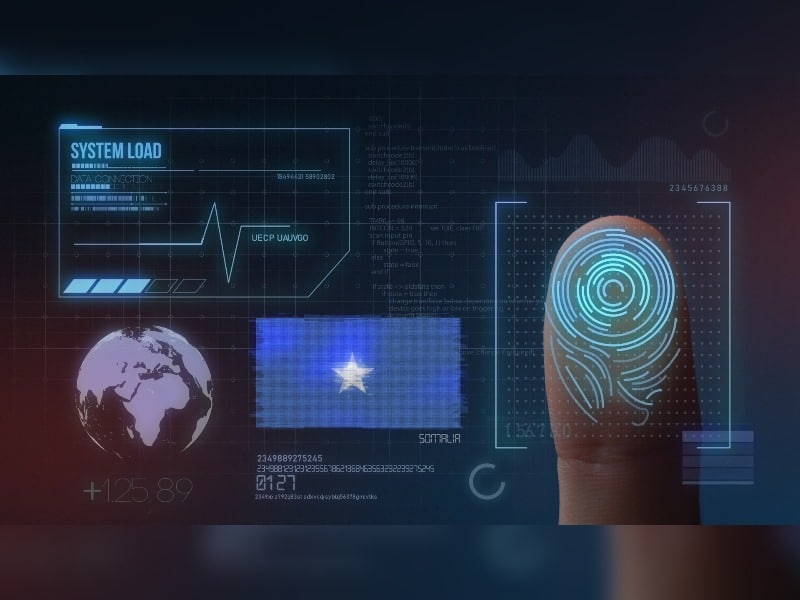Somalia has taken a significant step towards modernising its economy with the introduction of a national digital identification system. This initiative, a joint effort by the National Identification and Registration Authority (NIRA) and the Somali Bankers Association (SBA), aims to enhance banking services across the country.
Abdiwali Tima’adde, Director General of NIRA, emphasised the partnership’s potential to drive economic growth and align Somalia’s business practices with global standards. He highlighted the reduction of financial risks, such as fraud and money laundering, as a key benefit of the initiative.
The collaboration between NIRA and SBA also includes discussions on the strategic plan to expand access to registration and national ID issuance, as well as the crucial roles of key stakeholders in fostering economic development and ensuring secure financial services.
This groundbreaking agreement marks a major milestone for Somalia’s economic and financial landscape. By integrating the national ID system with the banking sector, the government aims to foster inclusive economic growth and enhance financial security.
The World Bank has played a pivotal role in supporting the implementation of the Somali National ID system. A 2019 report by the McKinsey Global Institute indicated that widespread adoption of digital ID systems could unlock economic value equivalent to 3-13% of global GDP by 2030.
Deputy Prime Minister Salah Ahmed Jama underscored the central role of the national ID card in the National Transformation Plan (NTP). He noted that the agreement with the Somali Bankers Association is a crucial step towards formally integrating Somalia’s economy with global financial systems.
Minister for Interior Ali Yusuf Ali echoed Jama’s sentiments, emphasising the importance of integrating the National Identification System with banking services. He highlighted the initiative’s potential to bolster financial security, increase public trust, and ensure adherence to international regulatory standards.
Kristina Svensson, World Bank Country Manager for Somalia, highlighted the significant impact that a comprehensive national ID system can have on economic development. She noted that over 85% of Somalis currently lack official identification, which has constrained service delivery and limited opportunities for many citizens.
Minister for Communications Mohamed Adan Moallim praised NIRA’s efforts in implementing KYC-ID for end-user identification and noted that the nearing completion of the data centre will further enhance the system’s effectiveness.
Somalia’s Central Bank Governor Abdirahman Mohamed Abdullah emphasised the importance of the national ID in establishing the Credit Reference Bureau. He noted that the ID’s unique identification number will serve as a primary reference, ensuring accuracy and reliability in credit assessments.
Yasin Ibar, CEO of the Somali Bankers Association, expressed enthusiasm for the agreement, highlighting its importance for correspondent banking and KYC regulations.
Deputy Minister of Finance Abdiqafar Elmi Hange reaffirmed the importance of the national ID in enhancing financial transparency and accountability. He announced the upcoming launch of a Tax Identification Number linked to the National ID System, which will further streamline the tax system and contribute to a more robust financial infrastructure.
